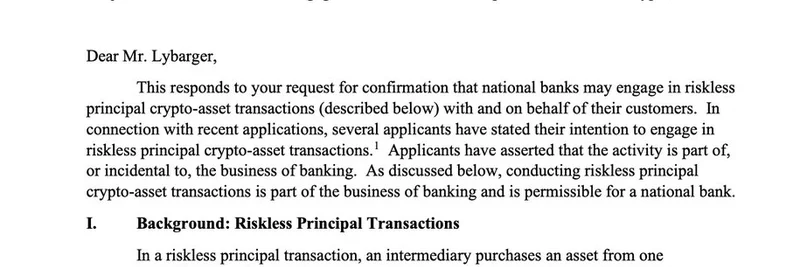In a recent clip shared by CounterParty TV on X, Ryan Wyatt, the former head of gaming at YouTube (known as @Fwiz), dives into the chaos surrounding Valve's latest update to Counter-Strike 2 (CS2). The update has sent shockwaves through the gaming community, crashing the value of CS2 skins by nearly $2 billion overnight. If you're into meme tokens or blockchain tech, this story hits close to home—it's a stark reminder of how centralized decisions can rug-pull entire markets, and why decentralized alternatives are gaining traction.
What Happened with the CS2 Update?
Valve, the powerhouse behind Steam and CS2, introduced a new feature allowing players to trade up five Covert-quality weapon skins for high-end knives and gloves. Sounds like a win for players, right? Not so fast. This change flooded the market with more supply of these premium items, causing their prices to plummet. According to data from third-party trackers like FloatDB, the overall CS2 skin market cap dropped from $5.9 billion to around $4.2 billion in a matter of hours. Some knives saw value drops of up to 43%, while Covert skins surged by as much as 67% as traders scrambled to adapt.
This isn't just pocket change—traders reported losing thousands from their inventories. The update comes on the heels of Valve's Terminals system, which lets users buy skins directly, bypassing some lootbox regulations. But the real kicker? It exposed the fragility of a market controlled by a single entity.
Ryan Wyatt's Take: Shortsighted Moves and Confidence Shakes
In the discussion hosted by @NotThreadGuy on CounterParty TV, Wyatt doesn't mince words. He argues that Valve's goal might have been to pull trading activity back to the native Steam marketplace, away from third-party sites. "I think a big part of this move was to force inventory back into the native Steam marketplace. I still think that’s very shortsighted," Wyatt says in the clip.
But he goes deeper, suggesting the crash isn't just about supply and demand—it's a confidence crisis. As quoted in reports from TheGamer, Wyatt notes: "I think it actually has much less to do with supply shock than it does that [Valve] can, and will, unilaterally make dev decisions that can wipe billions in market cap. It's more a confidence issue. It's this today, what tomorrow?"
Wyatt's background makes his insights particularly sharp. Having led gaming at YouTube, he's seen how digital economies evolve, and he's now pointing out the pitfalls of centralized control. For years, CS2 skins have been treated like digital gold—rare, valuable, and tradable. But unlike blockchain-based assets, they're at the mercy of Valve's whims.
Why This Matters for Meme Tokens and Blockchain Practitioners
Here's where it gets interesting for the meme token crowd. CS2 skins function a lot like NFTs or tokenized assets: they're unique, collectible, and hold real-world value. But this crash shows the dangers of centralization. One update from Valve, and poof—billions vanish. In contrast, meme tokens on blockchain networks like Solana or Ethereum are decentralized. No single company can unilaterally devalue your holdings or change the rules overnight. They're "unruggable" in the sense that their value is driven by community consensus and smart contracts, not corporate decrees.
As one reply to the thread pointed out: "Valve's update just lit a fire under web3 gaming. Skins on blockchain? Unruggable value, no corp whims. Game changer incoming." This sentiment echoes across the crypto space. Projects like Pudgy Penguins or other meme-driven tokens are building ecosystems where assets are truly owned by users, tradable across platforms without fear of a sudden "rug pull" from devs.
If you're a blockchain practitioner, this is a prime example of why decentralization matters. It enhances security, builds trust, and creates more resilient markets. Meme tokens, often dismissed as jokes, are proving their worth by offering real utility in gaming and beyond. Keep an eye on web3 gaming projects—they could be the next big thing as traditional markets like CS2 show their cracks.
Community Reactions and What's Next
The thread has sparked discussions, with users like @CalculatedNtry calling it "100% the best take I've seen on it." Others agree that Valve needs to rethink its strategy, while some see it as a push toward blockchain alternatives.
As the dust settles, the CS2 market might stabilize, but the lesson remains: in a world of volatile digital assets, decentralization isn't just a buzzword—it's a safeguard. For more on how meme tokens are revolutionizing gaming and finance, stick with Meme Insider. We've got the latest scoops to help you navigate the blockchain landscape.



